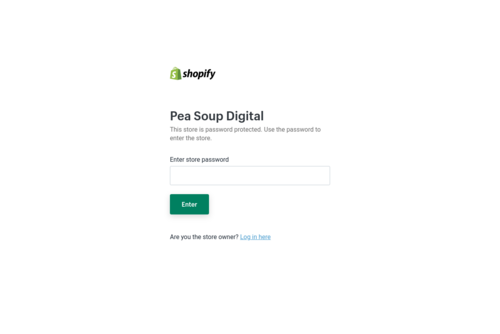Semantic search is changing the way people interact with search engines. But what is it and what does it mean to SEO?
How Google's Semantics are Changing Search

From http://www.peasoupdigital.co.uk 3320 days ago
Made Hot by: thecorneroffice on April 7, 2015 10:11 am
Who Voted for this Story
Subscribe
![]() “Rachel: Great to hear! Thanks for your kind words! :)
All the Best,
Martin...”
“Rachel: Great to hear! Thanks for your kind words! :)
All the Best,
Martin...”
![]() “Thank you, Martin. That's a fantastic motto... and I couldn't agree more!...”
“Thank you, Martin. That's a fantastic motto... and I couldn't agree more!...”
![]() “Lisa: Good to hear! Thanks for your response....”
“Lisa: Good to hear! Thanks for your response....”
![]() “For sure, I know I did years ago when I was working for others....”
“For sure, I know I did years ago when I was working for others....”
![]() “Lisa: I wonder if they potential employee is doing a background check on...”
“Lisa: I wonder if they potential employee is doing a background check on...”








Comments
3314 days ago
3314 days ago
3314 days ago
Thanks.
Pea Soup
3315 days ago
3315 days ago
Thanks for your comment.
For small brands and businesses, semantics means, as the post says, another competitor in the form of Google, which is increasingly providing direct answers to queries and taking away traffic from sites. It also means businesses need to think outside the box when it comes to keywords and content. The importance now is to focus less on specific broad-match keywords and more on longtail keywords -- approaching them in the same way as a search user would and providing good variety. Although it's easier said than done, quality, original content is the way forward.Businesses that operate in niche markets face less stiff competition from the search engine than those within popular industries, where content will need to be real high-end and offer informative answers to user questions. SEM Rush, Keywordtool.io and Google AdWords Keyword Planner are good tools for longtail keyword planning.
Semantics makes SEO more difficult, but the results of a good campaign can be more beneficial in terms of driving targeted traffic.